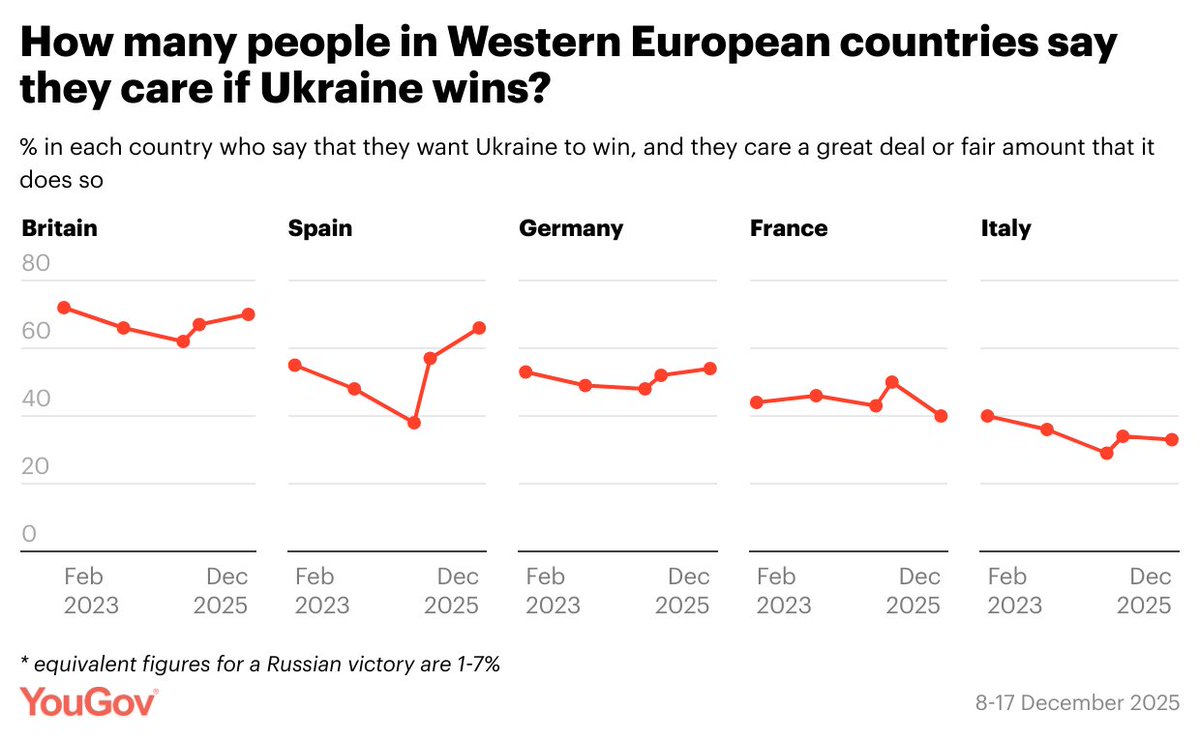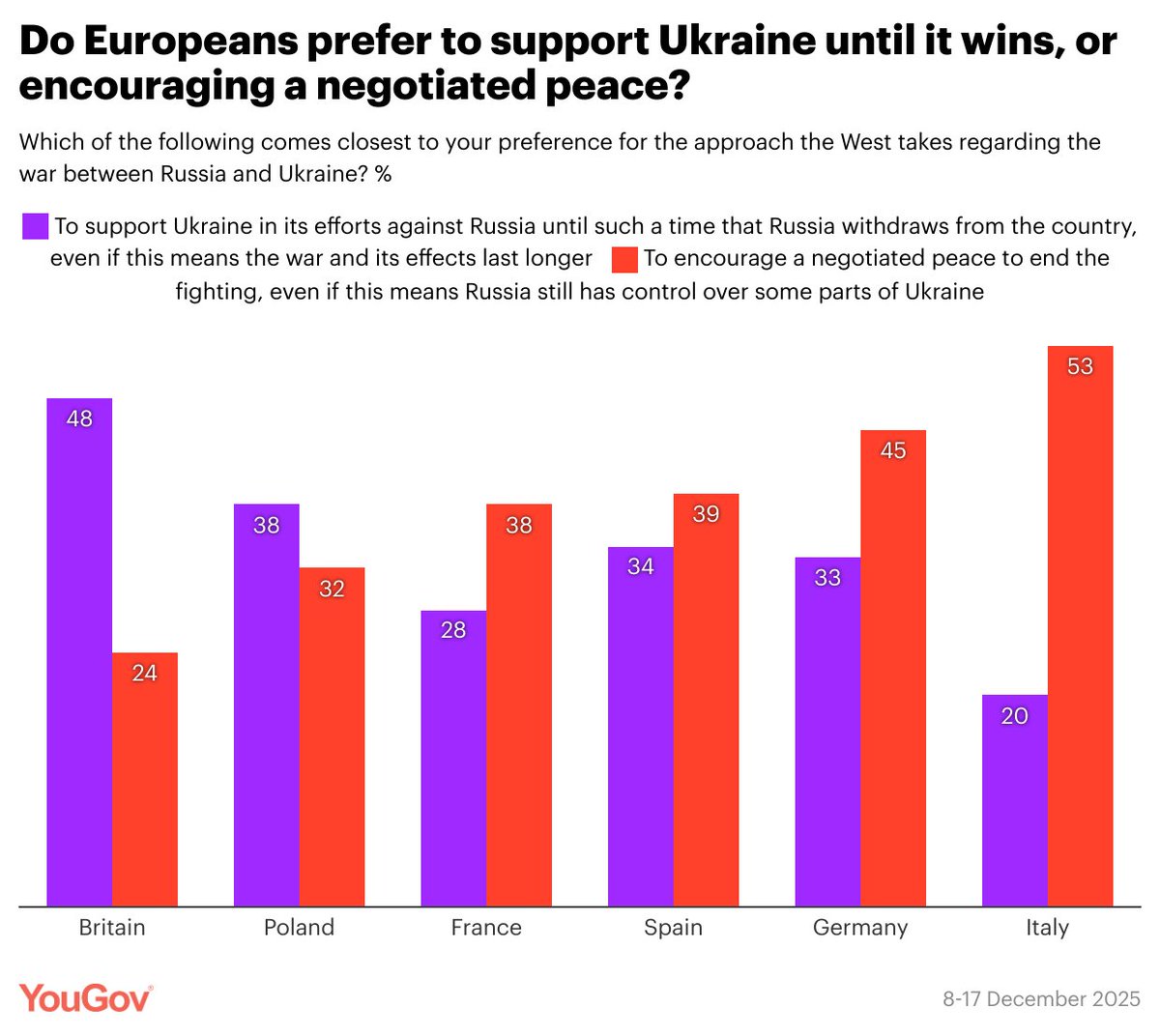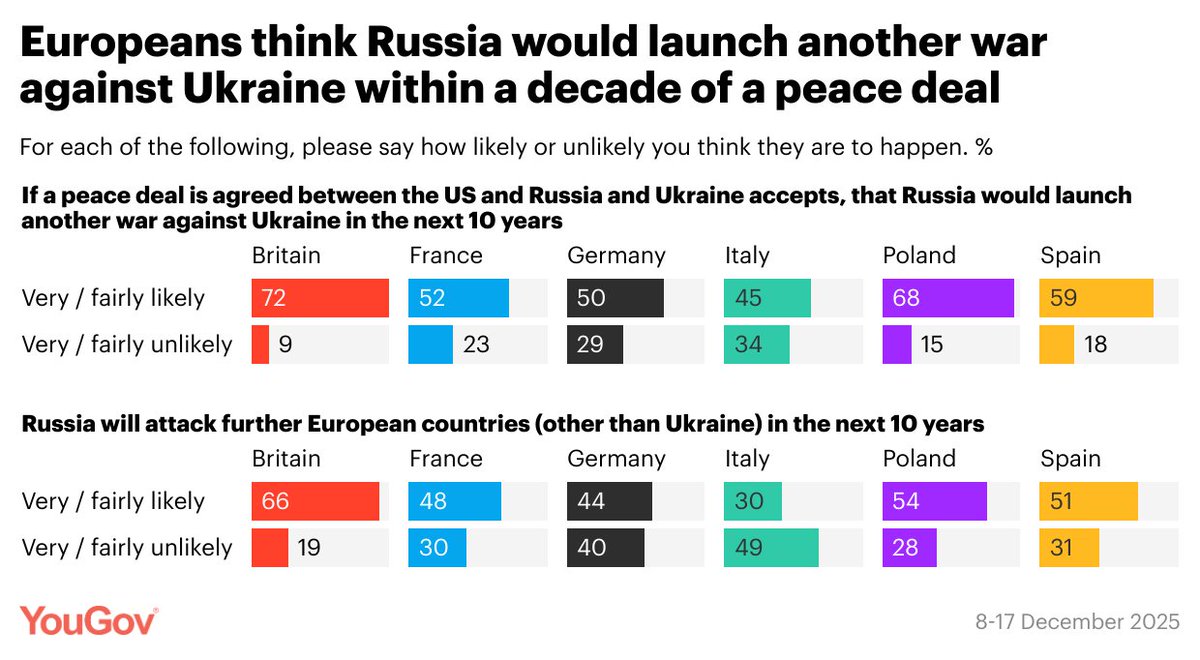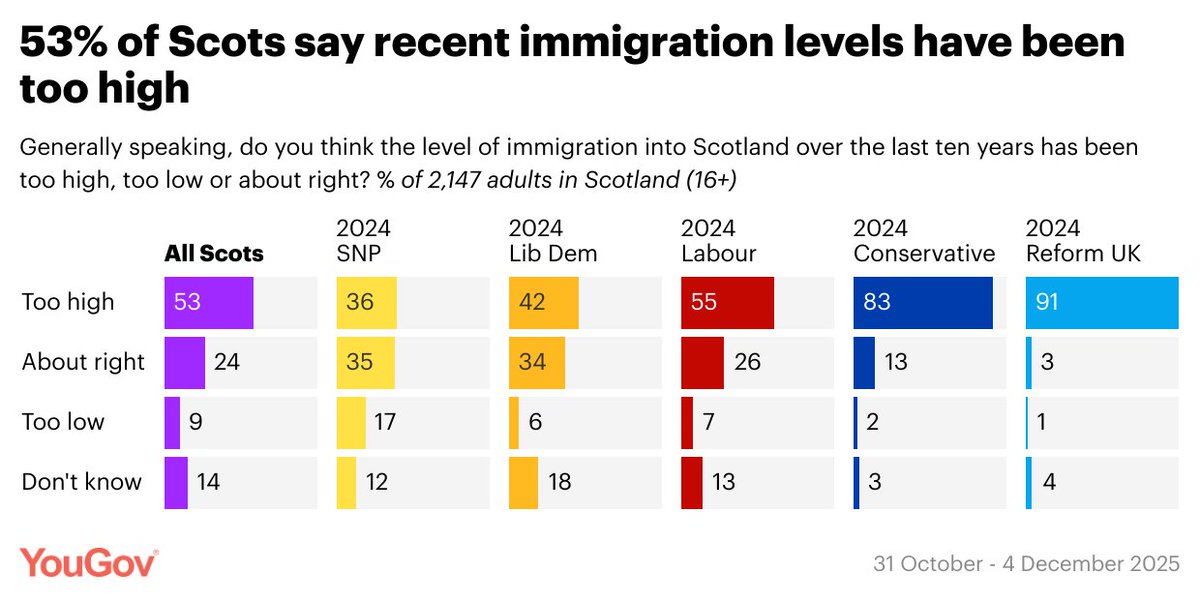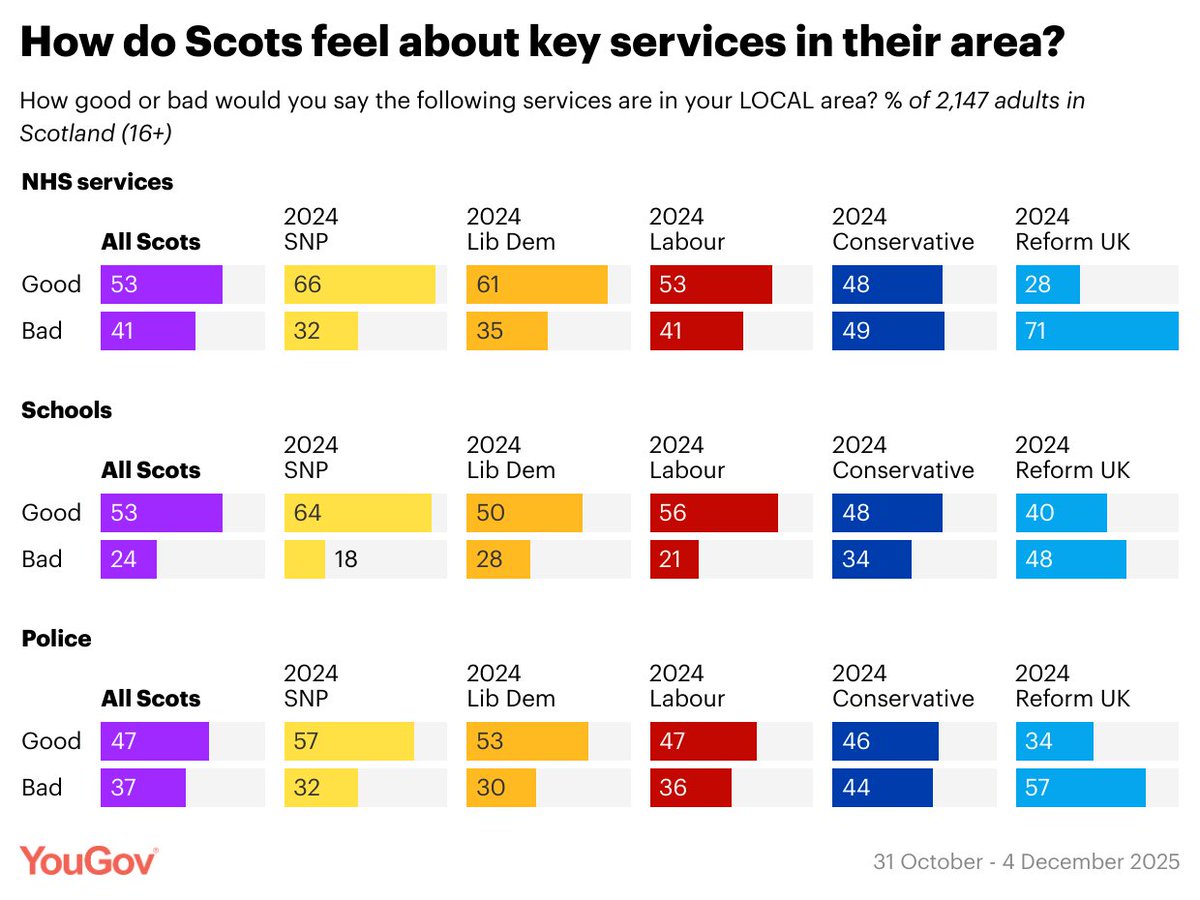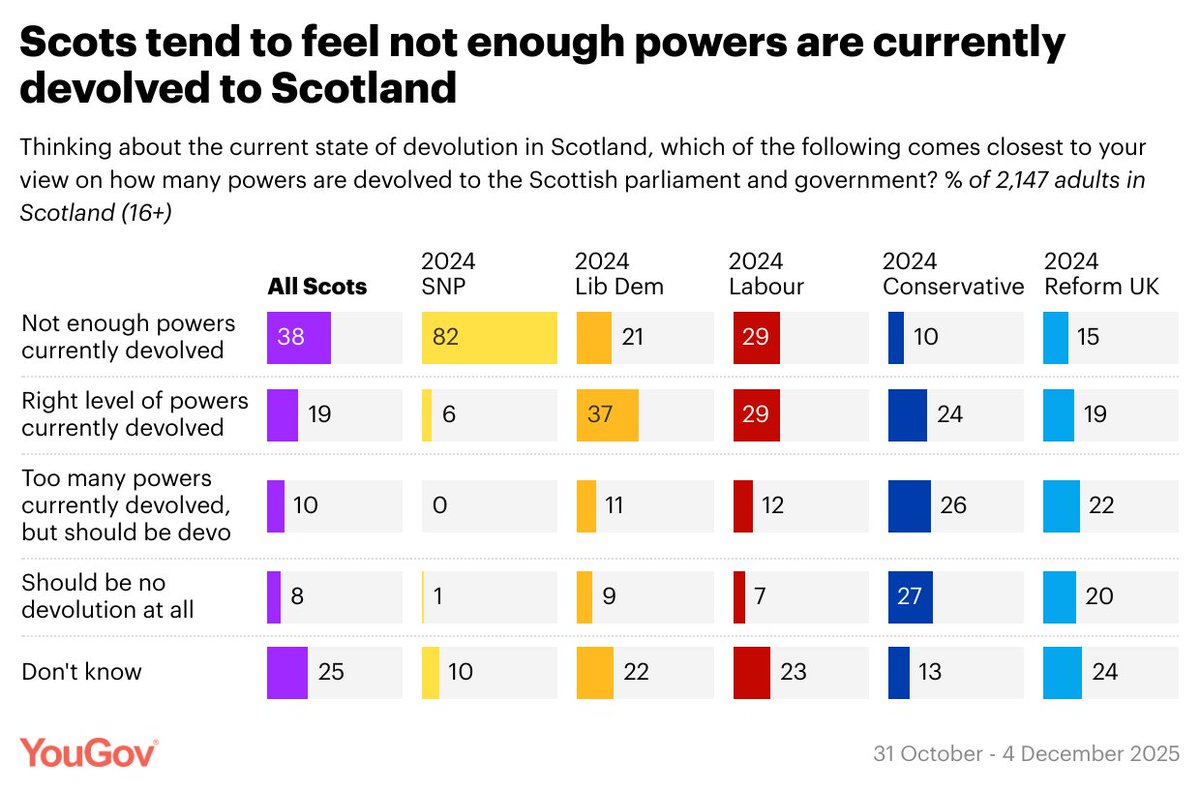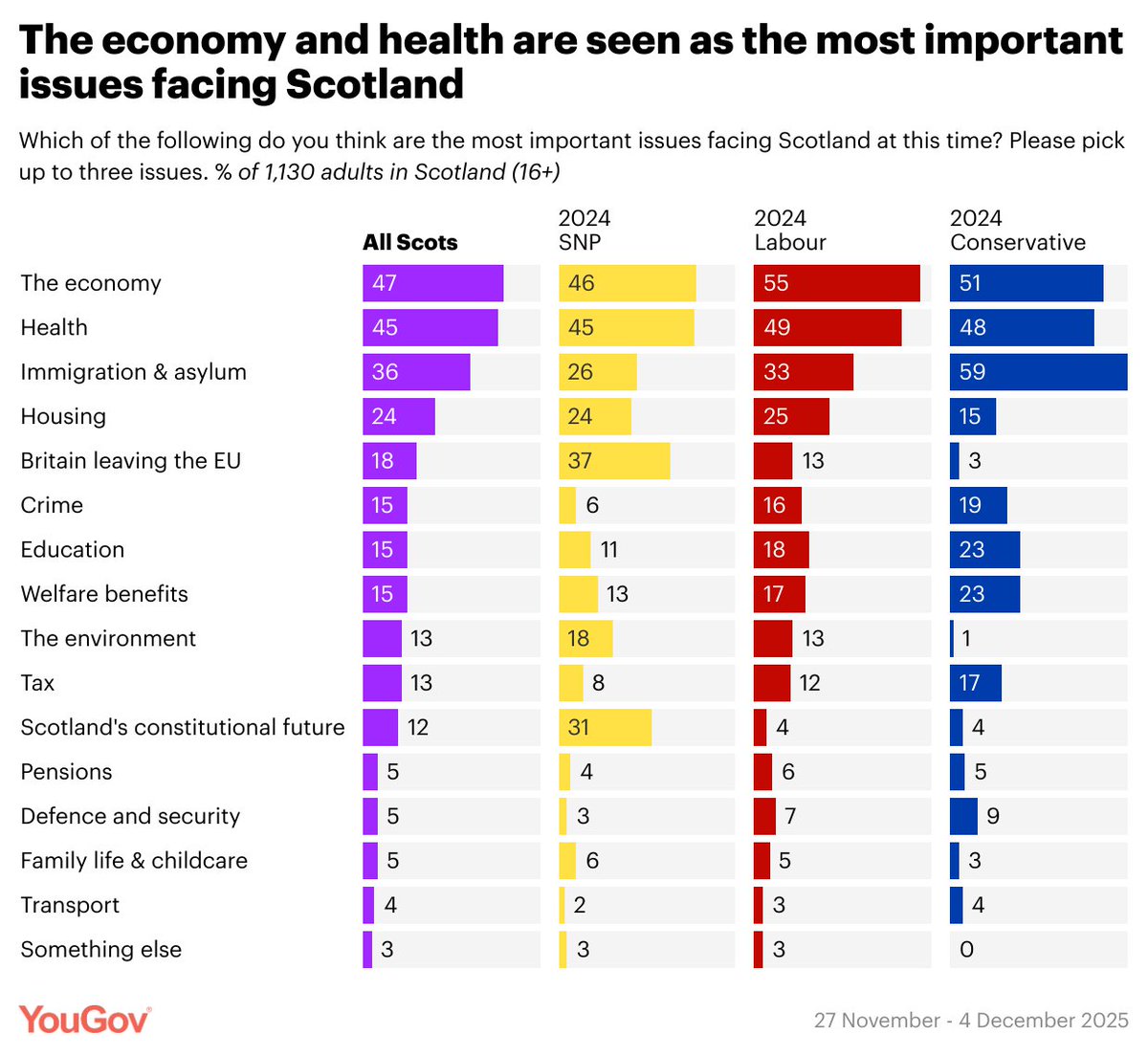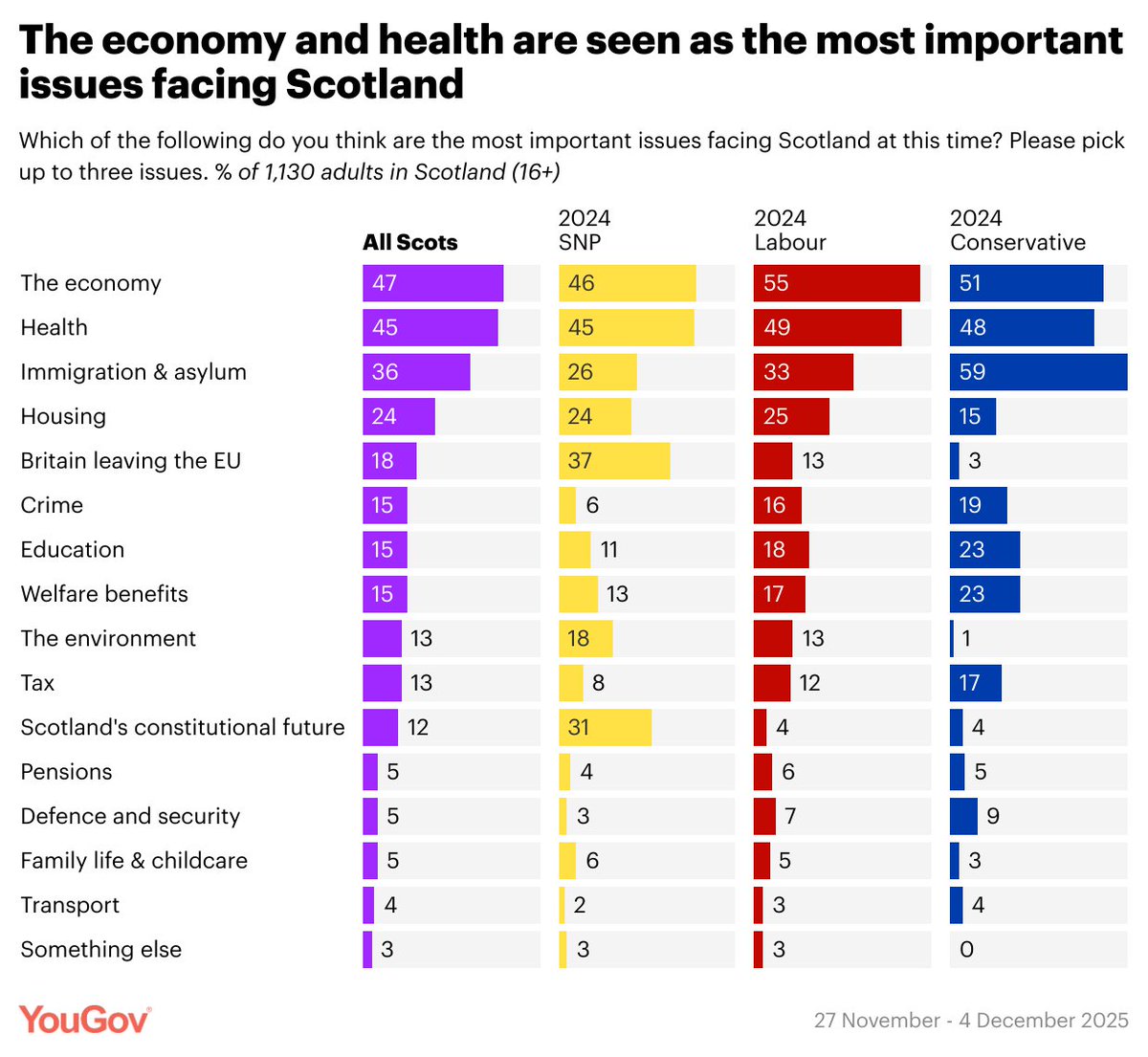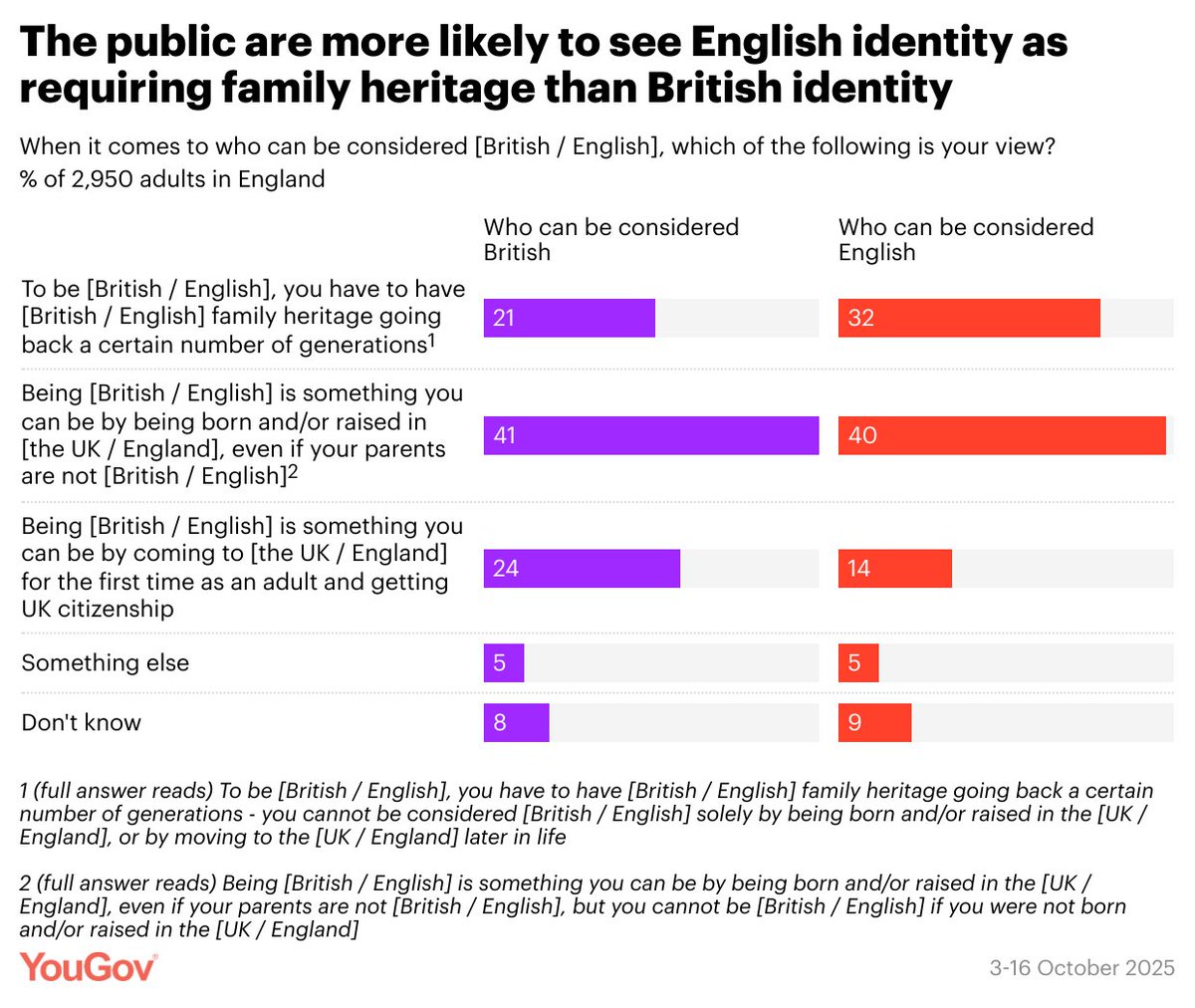What should the EU be? A major YouGov/@EuropeanUni study in 13 EU countries (plus the UK) uncovers differing attitudes to the EU and other member states yougov.co.uk/topics/interna…
Countries that most want... "a protective Europe that defends the European way of life and welfare against internal and external threats"
Greece 57%
Romania 48%
Hungary 47%
Lithuania 44%
France, Spain 42%
Finland 41%
Poland 38%
Netherlands 35%
Italy 30%
yougov.co.uk/topics/interna…
Greece 57%
Romania 48%
Hungary 47%
Lithuania 44%
France, Spain 42%
Finland 41%
Poland 38%
Netherlands 35%
Italy 30%
yougov.co.uk/topics/interna…

Countries that most want... "a global Europe that acts as a leader on climate, human rights and global peace"
Sweden - 42%
UK - 40%
Germany - 37%
Denmark - 37%
(No country opted for "A market Europe")
yougov.co.uk/topics/interna…
Sweden - 42%
UK - 40%
Germany - 37%
Denmark - 37%
(No country opted for "A market Europe")
yougov.co.uk/topics/interna…

Solidarity in the EU: countries are most willing to help other countries in the event of a natural disaster, public health crisis or military attack.
They are least willing to help with an unemployment/debt crisis
yougov.co.uk/topics/interna…
They are least willing to help with an unemployment/debt crisis
yougov.co.uk/topics/interna…

Solidarity in the EU: while many countries are willing to help out in a crisis in principle, it depends on who they're helping. People in 9 of the 13 EU countries are unwilling to help the UK (Britons are happy to help out all 13 EU countries though)
yougov.co.uk/topics/interna…
yougov.co.uk/topics/interna…
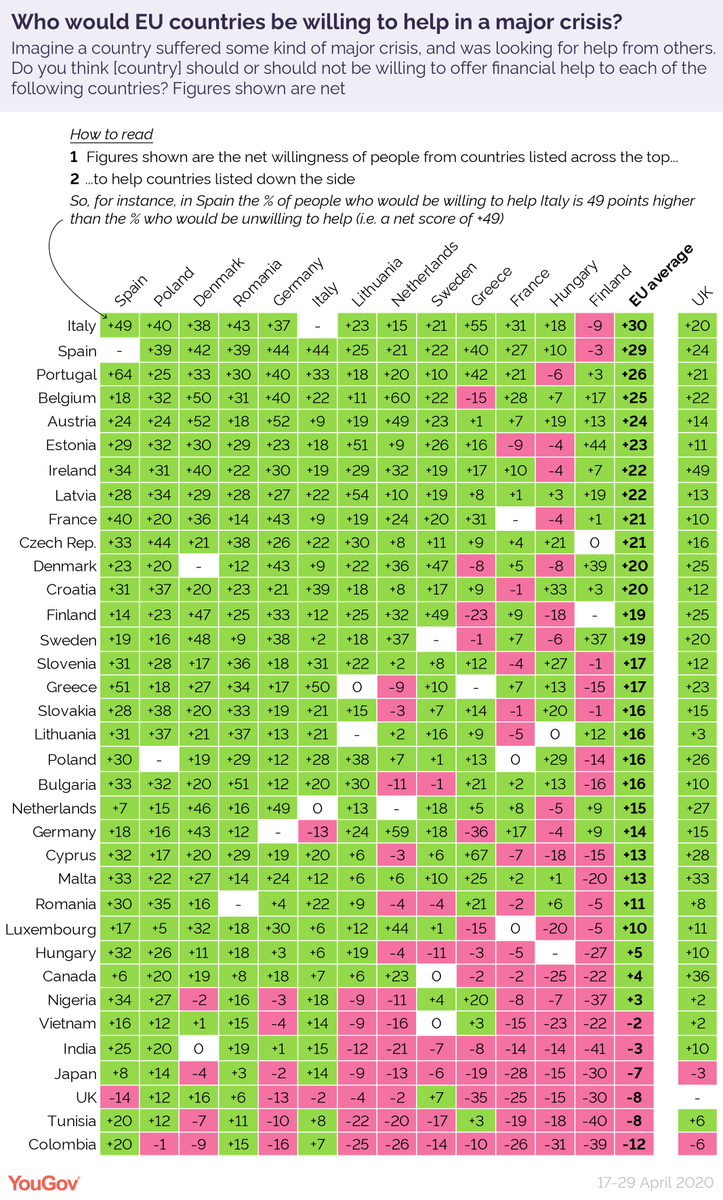
A redistributive EU? Sizeable minorities in the following countries want the EU to pool resources and spend them equally across the EU
Romania - 27%
Greece - 23%
Poland, Italy - 22%
yougov.co.uk/topics/interna…
Romania - 27%
Greece - 23%
Poland, Italy - 22%
yougov.co.uk/topics/interna…

A more active EU? Countries want to see the EU more active around immigration, the economic situation, climate change and health and social security
yougov.co.uk/topics/interna…
yougov.co.uk/topics/interna…

The EU: better than national government? In Poland and Romania people are more likely to trust the EU than the national government on all issues we asked about yougov.co.uk/topics/interna… 

While many Europhiles have always opposed the concept, among Europeans themselves there is limited opposition to a 'two speed Europe'. Most opposed are the Greeks, at 21%.
yougov.co.uk/topics/interna…
yougov.co.uk/topics/interna…

Should the EU be a military power? 12 of the 14 countries we studied supported the creation of an EU army, although there is a divide on whether to prioritise improving NATO over integrating EU defences:
NATO
🇮🇹🇩🇪🇪🇸🇫🇷🇬🇷🇸🇪
EU army
🇵🇱🇭🇺🇱🇹🇳🇱🇷🇴🇫🇮
yougov.co.uk/topics/interna…
NATO
🇮🇹🇩🇪🇪🇸🇫🇷🇬🇷🇸🇪
EU army
🇵🇱🇭🇺🇱🇹🇳🇱🇷🇴🇫🇮
yougov.co.uk/topics/interna…

Should the EU be a global power? All 14 countries wanted to see the EU more powerful than China, but France and Lithuania don't want to see it more powerful than America yougov.co.uk/topics/interna… 

• • •
Missing some Tweet in this thread? You can try to
force a refresh


